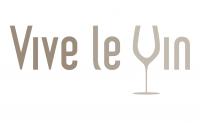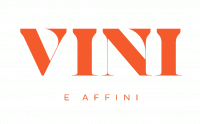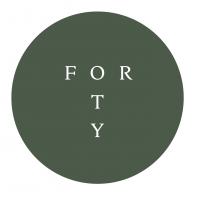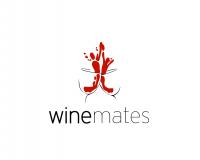Blog
Wine industry (including events organizers) faces a "new reality" with several possible consequences
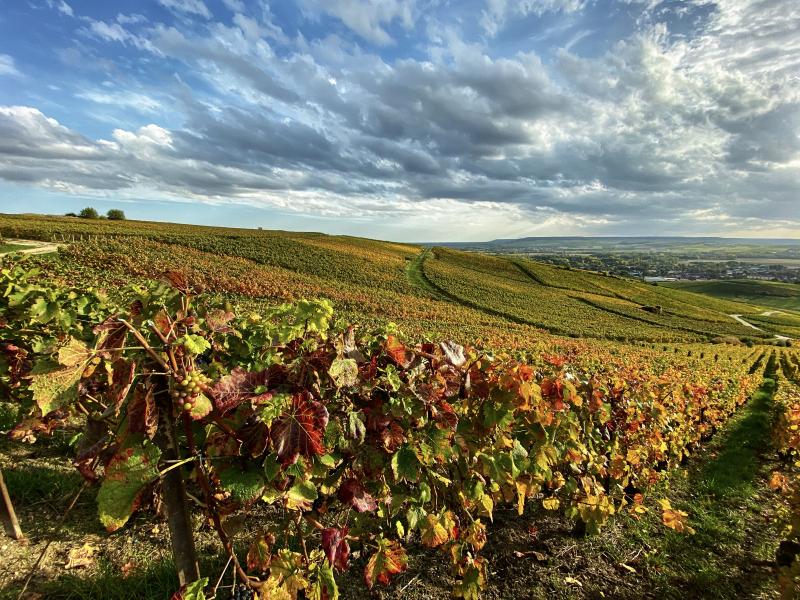
Two days ago I'd been listening to a very interesting discussion between few wine producers, a representative of the company making closers for wine bottles and a person representing an organisation promoting wine and wine regions of Argentina. The experts were discussing how the wine industry should approach and deal with the "new reality". We are facing an important change and although it has started years ago, all restrictions related to Covid-19 situation has speeded up the process of redefinition of certain values and consequently define new modus operandi.
Many wine producers some time ago have started to change the way they work in the vineyard and then in the winery, now more and more producers make organic and low intervention wines, limiting or eliminating the use of herbicides and pesticides, and use of industrial yeast, sugar and sulphurs during fermentation process. As the sustainability farming and the climate changes are important issues, each year more and more wine producers focus on that – not just the smaller, boutique wineries, but also bigger producers.
However now, there is a whole new aspect to be considered: how to promote and educate about wine with limited travel options and very limited possibilities to gather the costumers at events. People working for the wine industry travel a lot. They constantly move from one continent to another to talk about the wines they sell, to meet distributors, restaurant managers and chefs, to welcome final customers and talk to them at wine tasting events and fairs. All this not only to present a wine itself, but to give all type of customers (from distributor to final client) a full wine experience: the taste and the story proving why this particular wine is worth buying/consuming.
So, with these limited travel options and cancelled events, the last three months have shown us that we need to consider also new approach to the subject – online tasting and live meetings with winemakers will probably stay with us as one of the option, along with more typical events. Hopefully we will soon be able to travel again, so visits to wineries will be possible. But the “new reality” oblige us to think even more about the future. Travelling generates consumption of fuel and that has its consequence to the issue of climate changes. How sales forces of wine industry should face that problem? How many travellers and tourists will limit their international journeys and in consequence how much enotourism (wine tourism) will suffer because of that in the future? Restaurants are continue to reopen (for a moment with some restriction) and hotels will be able again serve food in their restaurants – all these are good signs and all hospitality and wine industry starts to see a light in a tunnel. But to recover from the loss of last months will take many months for some, more for others and for many it won’t be possible at all.
The situation of wine industy in Poland isn’t different. Many wine importers and distributors has a cash-flow problems as many restaurants sent their wine stock back, trying to decrease all costs (for a while or in case of other restaurants, for ever). We, small and big event agencies organizing wine events, slowly start to plan new events, following updated regulations of the Ministry (event size limitation, health and safety restrictions). Our partners, travel agencies and transport companies are still sceptic: no one has a certainty when it will be possible to organize again big events or wine tours. This uncertainty is one of the biggest issues for us: to plan a date of an event and keep it; not to think that a general situation will change again and a client in consequence will cancel all. But slowly we start to plan new tastings and tours, and for sure we are ready to organize them.
To sum up a subjetL how many new responsible solutions do we have to consider and think through? How to secure jobs?
It won't be simple, but the wine industy keeps working on it.
photo: Małgorzata Machajska

